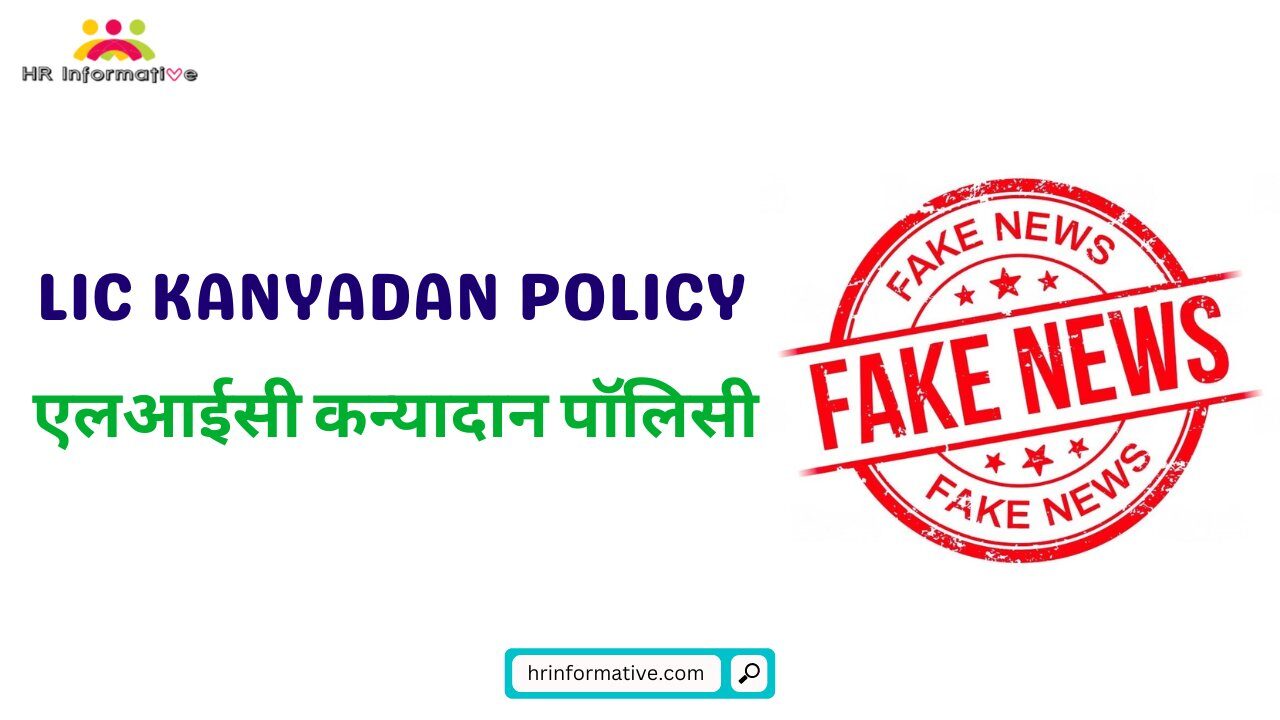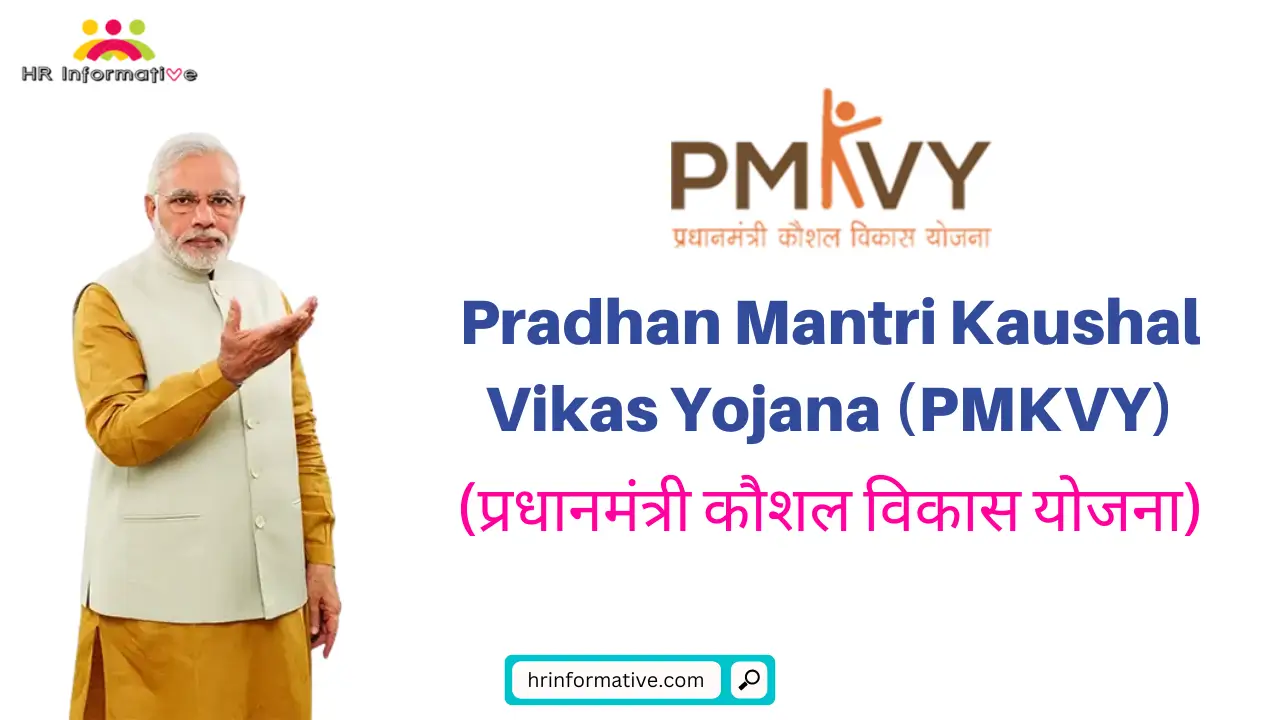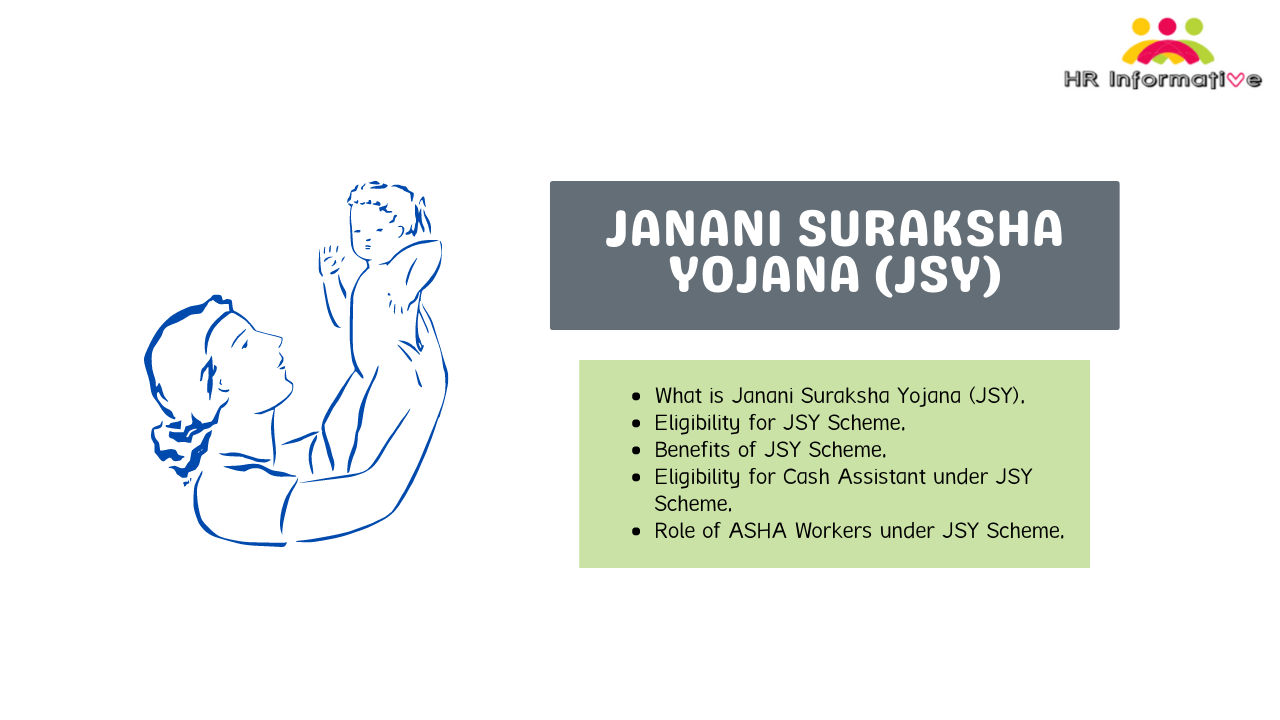In the vast and diverse landscape of India, where access to quality healthcare often remains a challenge, Community Health Officers (CHOs) play a crucial role in bridging the gap. These dedicated healthcare professionals serve as the first point of contact for millions in rural and underserved communities, acting as the cornerstone of India’s primary healthcare system.
Who are CHOs?
Community Health Officers (CHOs), also known as Mid-Level Practitioners (MLHPs), are non-physician healthcare providers trained to deliver a wide range of essential primary healthcare services. They are the backbone of India’s Ayushman Bharat Health and Wellness Centres (AB-HWCs), the cornerstone of the government’s ambitious primary healthcare initiative.
What do CHOs do?
The CHOs are often the first point of contact for individuals seeking medical attention. The duties of a CHO are diverse and encompass both clinical and public health functions.
Clinical functions
- Provide outpatient care for common illnesses and injuries.
- Manage chronic diseases like diabetes and hypertension.
- Conduct maternal and child health care.
- Administer immunizations and vaccinations.
- Prescribe essential medications.
- Perform basic diagnostic procedures.
Public health functions
- Conduct health promotion and disease prevention activities.
- Raise awareness about hygiene, sanitation, and healthy lifestyles.
- Collect and report epidemiological data.
- Facilitate community mobilization and participation in healthcare programs.
- Act as a liaison between the community and higher-level healthcare facilities.
Qualifications and Training Required for CHOs
The path to becoming a Community Health Officer (CHO) in India involves meeting specific qualifications and undergoing rigorous training. Here’s a breakdown:
Essential Qualifications
- Educational Background: Individuals must possess a Bachelor of Science in Nursing (BSc Nursing) or a degree in Ayurveda, Unani, Siddha, or Homeopathy (AYUSH).
- Age Limit: Most states require candidates to be between 21 and 40 years old.
Mandatory Training:
- Diploma Course: After fulfilling the basic qualifications, a two-year diploma course in Community Health is mandatory. These programs equip individuals with clinical skills, public health knowledge, and community engagement techniques.
- Selection Process: Each state conducts an entrance exam and interview to select eligible candidates for the training program. Selection processes might differ slightly depending on the state the individuals choose.
Mukhyamantri Rajshree Yojana 2024, Objectives, Benefits, Eligibility, Documents, Apply Process
Career Path for CHOs
CHOs are recruited by state governments and work in AB-HWCs, sub-health centers, and primary health centers. They play a crucial role in India’s healthcare system, their career progression path can sometimes feel limited. However, there are opportunities for growth and advancement with the right strategies and support. Here’s a breakdown of potential pathways:
Within the Government System
- Vertical Movement: Based on experience and performance, CHOs can consider promotions to supervisory roles like Block Program Manager or District Health Officer.
- Specialization: States like Madhya Pradesh offer additional training programs leading to specializations in areas like Non-Communicable Diseases (NCDs) or Mental Health.
- Public Health Management: With further education (Masters in Public Health, MPH), CHOs can transition to public health management roles in government agencies or NGOs.
Beyond Government
- Private Practice: Experienced CHOs can set up private clinics in rural areas, catering to the primary healthcare needs of the community.
- NGOs and Research Institutions: These organizations often require healthcare professionals with community-level experience for program implementation and research studies.
- Pharmaceutical Companies: CHOs can leverage their clinical knowledge and community connect to work in medical education, field trials, or community outreach programs for pharmaceutical companies.
Entrepreneurship
- Telehealth Services: With the growing telemedicine trend, CHOs can establish teleconsultation services in rural areas, connecting patients with specialists virtually.
- Health Education and Awareness: CHOs can develop educational materials, workshops, or community campaigns, focusing on specific health issues.
- Healthcare Products and Services: Based on their local needs assessment, CHOs can create and provide innovative healthcare products or services targeted towards rural communities.
Significance and Impact of CHOs
CHOs play a vital role in achieving India’s healthcare goals, particularly in:
- Improving Access: They bridge the gap between communities and healthcare facilities, especially in remote areas with limited access to doctors.
- Reducing Burden on Healthcare System: By managing common illnesses and promoting preventive care, they alleviate pressure on secondary and tertiary healthcare facilities.
- Addressing Public Health Challenges: They play a crucial role in disease surveillance, outbreak control, and implementing public health programs.
- Empowering Communities: They educate and empower communities to take charge of their health, leading to improved health outcomes.
Challenges and Opportunities for CHOs
Despite their significant contribution, CHOs face challenges like:
- Limited Career Progression: Opportunities for advancement and specialization can be limited.
- Work Overload: They often manage heavy workloads with limited resources.
- Rural Infrastructure: Working in remote areas can pose logistical and infrastructural challenges.
However, initiatives like the Ayushman Bharat Health and Wellness Centres (AB-HWCs) are creating new opportunities for CHOs, including:
- Expanded Scope of Practice: AB-HWCs allow CHOs to prescribe a wider range of medicines and manage more complex cases.
- Improved Infrastructure and Resources: These centers provide better facilities and equipment, enhancing service delivery.
- Career Development Pathways: Initiatives are being taken to provide CHOs with opportunities for upskilling and career progression.
Mukhyamantri Nishulk Dava Yojana 2024, Objectives, Benefits, Eligibility, Process
Additional Information
Role of National Health Mission (NHM) for CHOs
- The NHM, under the Ministry of Health & Family Welfare, is the central government agency responsible for formulating and implementing policies related to CHOs.
- They oversee the recruitment process, which usually involves a state-level entrance exam and interview.
- They manage the training programs for CHOs, often in collaboration with other institutions like Indira Gandhi National Open University (IGNOU).
- They provide funding and resource allocation for CHOs and the healthcare centers they work in.
- They monitor and evaluate the performance of CHOs and the overall impact of the program.
Variations in Roles and Responsibilities of CHOs
While the core functions of CHOs remain similar across the country, specific roles and responsibilities can vary depending on several factors:
- State-Level Policies and Programs: Each state may have its own guidelines and frameworks defining the scope of practice for CHOs.
- Type of Healthcare Facility: CHOs in different facilities like Sub-centers, Primary Health Centers (PHCs), or Community Health Centers (CHCs) might have different responsibilities based on available resources and patient load.
- Individual Qualifications and Experience: Some CHOs with additional training or specializations might take on more advanced tasks.
Conclusion
Community Health Officers are the unsung heroes of India’s healthcare system. Their dedication, skills, and commitment play a pivotal role in ensuring accessible, equitable, and quality healthcare for millions. As India strives to achieve universal health coverage, investing in CHOs, addressing their challenges, and empowering them further will be crucial in building a healthier and more resilient future for all.
FAQs
Q: What is a CHO?
Ans: A CHO is a non-physician healthcare professional who provides essential primary healthcare services in rural and underserved communities.
Q: What are the educational requirements to become a CHO?
Ans: You need a BSc Nursing or a degree in AYUSH (Ayurveda, Unani, Siddha, or Homeopathy).
Q: What is the training program like?
Ans: It’s a two-year diploma course covering clinical skills, public health, and community engagement.
Q: How do I become eligible for the training program?
Ans: Each state conducts an entrance exam and interview process. Check your state’s health department website for details.
Q: Who is responsible for recruiting and training CHOs?
Ans: The National Health Mission (NHM) is the nodal agency.
Q: Where can I find more information about CHOs?
Ans: National Health Mission website (nhm.gov.in) and state-specific health department websites.
You May Read Also :




